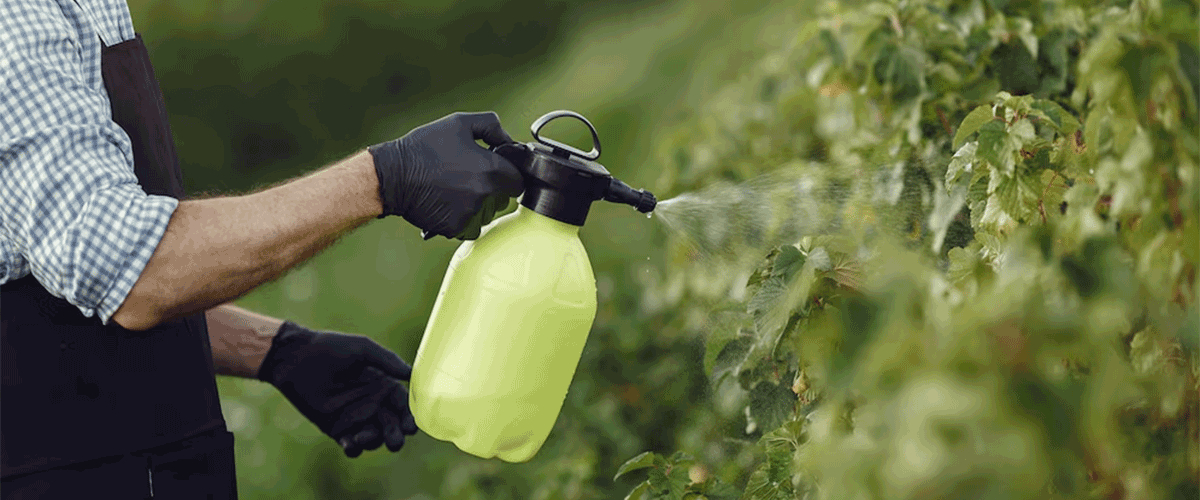(An Autonomous Body Recognized by Ministry of Commerce & Industry, Government of India)
Competency based placement focussed Education | Training | Research | Consultancy

Pesticide Mixtures Linked to Increased Pregnancy Risks, Argentinian Study Finds
New research from Santa Fe, Argentina, reveals that pregnant women exposed to multiple pesticides face a significantly higher risk of complications than those exposed to a single pesticide. Researchers studied nearly 90 expectant mothers in a region known for intensive crop farming and widespread pesticide use. Over 80% of participants had pesticide residues in their urine, and 64% showed traces of more than one type. Rural women had more than double the complication rate of urban women, correlating with higher levels of pesticide mixtures. Triazole fungicides, common in both Argentina and the U.S., were particularly linked to issues like intrauterine growth restriction and gestational hypertension. Experts warn that while individual pesticides are studied, the health effects of chemical combinations remain largely unknown. Even those far from farms may ingest trace amounts through food and water. Current regulations often overlook these complex interactions, assuming safety until harm is definitively proven.
22-07-2025
📰 Recent News
- Warming Seas and Human Pressures Threaten California’s Sea Otters
- Global Seafood Trade Spreads ‘Forever Chemicals’ Beyond Pollution Hotspots
- Former Officials Warn of Unprecedented Rollback at US Environmental Agency
- US Policy Shift Intensifies Bayer’s Roundup Legal Battle
- European Parliament requests EFSA review on microplastics in food, water, and air
- Study Links PFAS-Contaminated Water to Severe Infant Health Risks
- Washington Program Targets Safe Disposal of PFAS Firefighting Foam
- EU Pesticide Review Proposal Sparks Backlash from Environmental Groups
- Nature Sustainability Showcases Safer Bisphenol Design Approach
- Chemical Pollution Linked to Rising Men’s Health Risks in Europe, Report Warns
